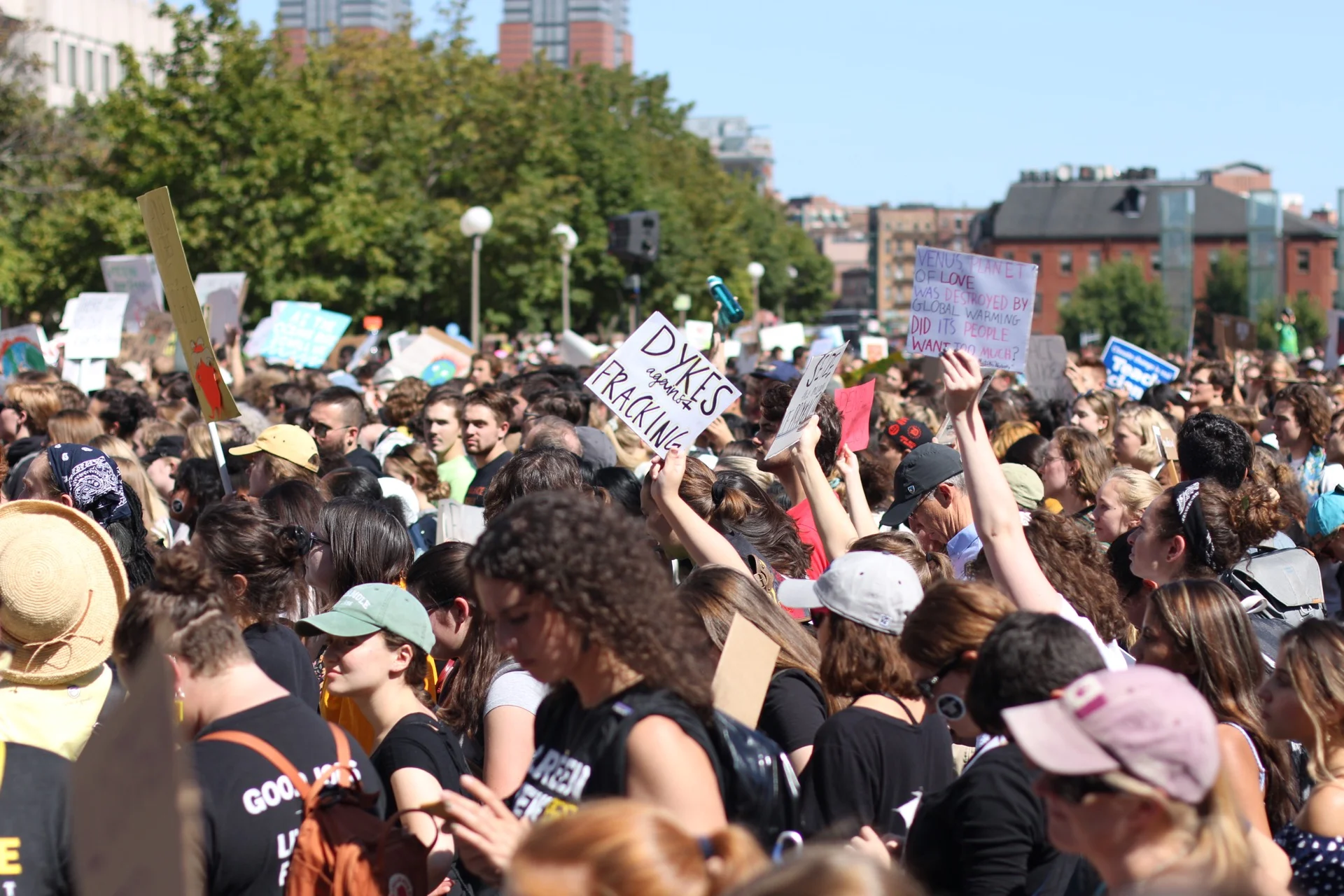On Dec. 2, at the Parliament House, New Zealand Prime Minister Jacinda Ardern declared a climate emergency. Stating that climate change is “one of the greatest challenges of our time,” Ardern committed the nation to the development of a carbon-neutral government by 2025. Ardern implored the country to act with urgency, confirming that the motion recognizes “the devastating impact that volatile and extreme weather will have on New Zealand and the wellbeing of New Zealanders, on our primary industries, water availability, and public health through flooding, sea-level rise, and wildfire.”
White House Replaces Lead Climate Change Expert
The executive director of the U.S. Global Change Research Program, Dr. Michael Kuperberg, was removed as lead scientist for the National Climate Assessment on Nov. 9 and is expected to be replaced by David Legates, a longtime supporter and advocate for climate change denial groups. The decision came directly from the Trump administration and follows four years of policy decisions that increased environmental degradation and reined in large-scale federal initiatives necessary to adequately address climate change. Nearly 100 environmental and climate change policies have been rolled back under the administration.
U.S. Pulls Out of Paris Climate Accord
As ballots were counted, the United States hung in an unprecedented election limbo for results that would define political, social and economic landscapes for the next four years. In the midst of national uncertainty, President Donald Trump made an announcement on Wednesday, Nov. 4 that would further complicate the future of national and global action: the official withdrawal of the United States from the Paris Agreement.
Impacts of COVID-19 on Science and Global Climate Action
During peak lockdown in early April of this year, carbon or CO2 emissions dropped worldwide by 17 percent as compared to 2019. Current CO2 emission levels are nearly equivalent to those measured in 2006, according to a study published in the journal Nature Climate Change. However, researchers emphasize that this decrease may not be sustained, as CO2 emissions will likely only drop by about 4-7 percent depending on the trajectory of the pandemic.
In the wake of COVID-19 , some countries have already made decisions to move toward a greener future. The European Commission, the executive branch of the European Union, put forth a $572 billion economic recovery plan with the goal for the EU to be climate-neutral by 2050. South Korea has also introduced the Korean New Deal, which puts a $135 billion investment in green and digital technology. President Xi Jinping announced recently that China will aim for carbon neutrality by 2060 and plans to peak its carbon emissions by 2030. China is currently the world’s biggest emitter of carbon and the largest energy financier with the biggest market. These moves from China, the EU and others put pressure on other countries to follow.
Students rally to support fossil fuel divestment
“People are going to rise like the water, we’re going to shut this crisis down. I hear the voice of my great-granddaughter saying, ‘keep it in the ground,’” rang through the halls of Blanchard Community Center as students sang and chanted. On Feb. 13 at 12:15 p.m., over 300 students walked out of their classes to demand that Mount Holyoke College divest from fossil fuels.
Extinction Rebellion joins Sunrise Movement in demonstration
Students and members of the surrounding community gathered with signs and songs on Sunday afternoon to raise awareness about the climate crisis. The group of about 15, stood on the green across from Chapin Auditorium holding signs which encouraged climate activism, shamed oil companies and promoted campus divestment. The signs included a massive banner, which read, “GREEN NEW DEAL.”
Students pilot residential hall compost program
Students rally in Boston in support of climate justice
Former EPA administrator discusses policy, climate change
BY ANNA SHORTRIDGE ’19
“Democracy is not a spectator sport. It requires everybody to participate,” said Gina McCarthy, the former administrator of the Environmental Protection Agency, at a lecture titled “The Future of the Planet: Climate Change, Health Equity & Environmental Justice” on Nov. 8. “So get engaged — be part of the democracy, be bold, be excited. And for crying out loud, be hopeful, this is a time for great hope and great action,” she said.
Hurricane Florence makes landfall, campus responds
BY ANNA SHORTRIDGE ’19
Hurricane Florence hit the coast of North Carolina in the early morning of Friday, Sept. 14, according to the National Weather Service. North and South Carolina suffered the most damage, but Virginia, Georgia and Maryland were also affected. These states all declared states of emergency as monumental levels of rain were expected. 100,000 people lost power the night before the storm began, according to the Weather Channel. The storm has caused at least 34 deaths since Sept. 14.




